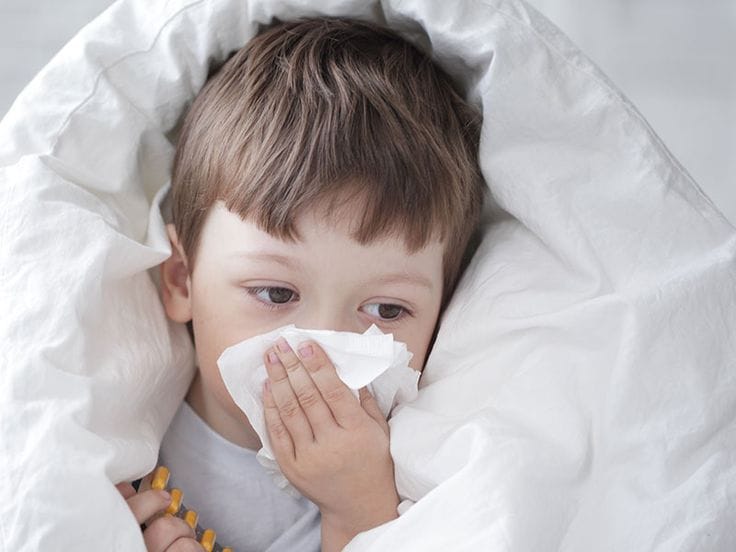- +91 9874182825
- info@allergyandasthmacentre.com
- Clinic : 10:00AM To 06:00 PM
Allergology and Pediatric Allergy
Treatment
Allergology and Pediatric Allergy
Advanced Care for Allergic Dermatosis
Comprehensive solutions to manage skin allergies and prevent flare-ups.

Allergology and Pediatric Allergy Solutions
Allergic Dermatosis is a broad term used to describe skin conditions that occur due to allergic reactions. It happens when your immune system identifies a harmless substance (like dust, food, pollen, or certain chemicals) as a threat and reacts against it. This immune response releases histamines and other chemicals in the body, leading to skin irritation, rashes, itching, redness, and swelling.
For some people, allergic dermatosis may appear occasionally and resolve quickly, while for others it can become a recurring or chronic condition, significantly affecting quality of life. Since the skin is the body’s largest organ and its first line of defense, allergic reactions can not only cause discomfort but also lower confidence and daily comfort if left untreated.
Conditions We Treat
Comprehensive care for a wide range of allergic skin problems and reactions.
Allergology and Pediatric Allergy Conditions We Manage
1
Respiratory Allergies
2
Skin Allergies
3
Food Allergies
4
Drug & Insect Bite Allergies
5
Pediatric Allergies

What Our Patients Say
Trustindex verifies that the original source of the review is Google. Very happyPosted onTrustindex verifies that the original source of the review is Google. Vaccine is very helpful Thank you doctorPosted onTrustindex verifies that the original source of the review is Google. I am seeing the doctor from past 2 years.I feel much better now. And my daughter has asthma patients,she is also finePosted onTrustindex verifies that the original source of the review is Google. Awesome experience by dr soibal maitra. Vaccination is completed . Now I am fine .Posted onTrustindex verifies that the original source of the review is Google. I am fine right now . Now health has improved so much . Thank you . You can also choose Dr saibal mitra .Posted onTrustindex verifies that the original source of the review is Google. Better treatment ThankyouPosted onTrustindex verifies that the original source of the review is Google. Patient is better now. Thank youPosted onTrustindex verifies that the original source of the review is Google. I am better than before. Good experience Thanks youPosted onTrustindex verifies that the original source of the review is Google. After seven years now I am healthy
Frequently Asked Questions
What are the most common allergy symptoms?
Allergy symptoms vary but often include sneezing, runny or blocked nose, watery/itchy eyes, skin rashes, hives, coughing, wheezing, and breathing difficulties. In children, frequent colds and skin irritation may also be signs of allergies.
How are allergies diagnosed?
Allergies are usually diagnosed with a detailed medical history, physical examination, and specific tests such as skin prick tests, blood tests, or patch tests to identify the trigger.
Can children outgrow their allergies?
Yes, some children may outgrow allergies such as milk, egg, or soy allergies as they get older. However, others like peanut or shellfish allergies may persist into adulthood. Regular monitoring by a specialist is important.
What is the difference between food allergy and food intolerance?
A food allergy triggers an immune system reaction (sometimes life-threatening), while food intolerance usually affects digestion and causes bloating, gas, or stomach pain. Allergists help identify the difference through tests.
Get In Touch!
Contact Us Now!
Our team and staff at Allergy & Asthma Treatment Centre in Kolkata, West Bengal, are dedicated to helping you. Whether you have a question about our services or need assistance, we are here to help! Explore our Doctors and Treatments can help you from Allergy & Asthma.

